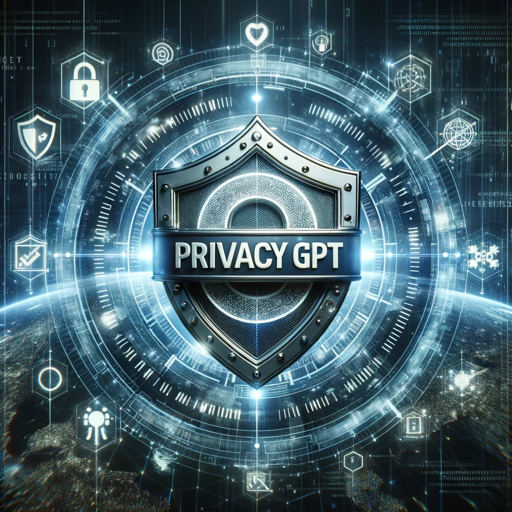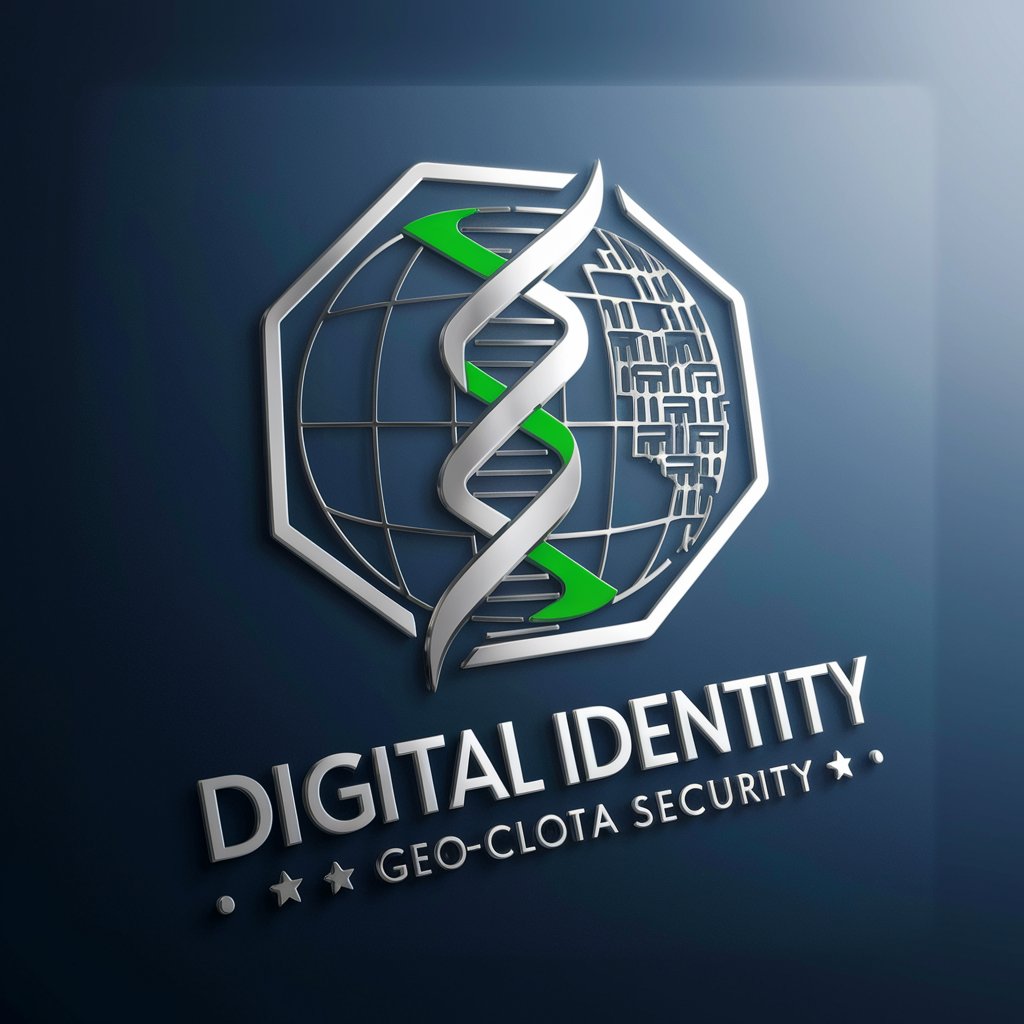16 GPTs for Online Security Powered by AI for Free of 2026
AI GPTs for Online Security refer to advanced, intelligent tools designed to enhance cyber protection and security measures. These tools leverage Generative Pre-trained Transformers (GPTs) to offer tailored solutions for a variety of online security tasks. From detecting phishing attempts and malware to securing data and ensuring privacy, AI GPTs are instrumental in navigating the complex landscape of online threats. Their ability to learn and adapt makes them invaluable for developing proactive security measures, ensuring they remain relevant in the face of evolving cyber threats.
Top 10 GPTs for Online Security are: PrivacyGPT,Peggy Sue Password,Cyber Champion,Leet Speak Crafter,Cyber Guardian,BuddyPass,It's never too late,ScamSpotter,Scam & hoax checker,Redes sociais
PrivacyGPT
Empowering Digital Privacy and Security

Peggy Sue Password
Crafting Your Cybersecurity Shield

Cyber Champion
Empowering cybersecurity, one step at a time.

Leet Speak Crafter
Transform text with AI-powered leet speak and emojis.

Cyber Guardian
Empowering digital safety with AI

BuddyPass
AI-powered Secure Password Generation

It's never too late
Empowering digital learning across languages.

ScamSpotter
AI-Powered Scam Protection

Scam & hoax checker
AI-powered Scam Detection & Prevention

Redes sociais
Empower Your Social Media with AI

Geezer Safe Email Advisor
Empowering seniors with AI-powered email safety.

Password Generator GPT
AI-powered Secure Password Generation

Child Safety
Empowering Safety with AI

Digital Identity
Revolutionizing Identity with AI

Story Password Genie
Turn security into storytelling with AI.

Link Guard
AI-powered URL safety assessments.

Essential Characteristics of AI GPTs in Cybersecurity
AI GPTs for Online Security boast several unique features that make them stand out. These include their adaptability to various security tasks, from simple threat detection to complex predictive analytics for preemptive measures. Special features such as natural language processing enable them to understand and generate human-like responses, facilitating user-friendly interactions. Additionally, their deep learning capabilities allow for continuous improvement based on new data, ensuring they stay at the forefront of threat detection and prevention. Technical support, web searching, and data analysis capabilities further enhance their utility in the online security domain.
Who Can Benefit from AI GPTs in Cybersecurity
AI GPTs for Online Security are designed to cater to a wide range of users, including cybersecurity novices, developers, and seasoned professionals. Their accessibility ensures that individuals without coding skills can still leverage these tools for basic security needs, while their customization options provide developers and professionals with the flexibility to tailor solutions to more complex requirements. This dual approach makes AI GPTs an invaluable asset across the spectrum of online security tasks.
Try Our other AI GPTs tools for Free
Cyber Awareness
Explore AI GPTs for Cyber Awareness, leveraging advanced AI to enhance cyber security practices, education, and defense strategies.
Threat Prevention
Explore how AI GPTs for Threat Prevention revolutionize cybersecurity with advanced detection, predictive analytics, and adaptable solutions for dynamic threat landscapes.
Consumer Electronics
Discover how AI GPTs are revolutionizing the consumer electronics industry, offering personalized product recommendations, automated support, and innovative solutions tailored to your needs.
Furniture Reviews
Discover how AI GPTs for Furniture Reviews transform the shopping experience with insightful analysis, trend forecasting, and personalized content creation.
AI Feedback
Discover AI GPTs for AI Feedback: advanced tools designed for tailored AI insights and solutions. Enhance your AI projects with adaptable, user-friendly, and innovative AI GPT technology.
Data Upload
Discover how AI GPTs for Data Upload can revolutionize your data management processes with efficient, automated solutions tailored for any data challenge.
Further Perspectives on AI GPTs in Cybersecurity
AI GPTs for Online Security are not just tools but partners in the fight against cyber threats. Their user-friendly interfaces and integration capabilities make them suitable for a variety of sectors, from personal data protection to enterprise security. As they evolve, they promise to offer even more sophisticated solutions, making cybersecurity more accessible and effective for everyone.
Frequently Asked Questions
What exactly are AI GPTs for Online Security?
AI GPTs for Online Security are intelligent systems that utilize Generative Pre-trained Transformers to offer customized security solutions, helping protect against online threats.
How do AI GPTs adapt to new cybersecurity threats?
AI GPTs continuously learn from new data, allowing them to adapt and respond to emerging cybersecurity threats effectively.
Can non-technical users benefit from AI GPTs for Online Security?
Yes, their user-friendly interfaces ensure that individuals without technical skills can use them for basic security protections.
How can developers customize AI GPTs for specific security needs?
Developers can leverage the programming capabilities of AI GPTs, using APIs and customization options to tailor the tools to specific security requirements.
What makes AI GPTs different from traditional security software?
AI GPTs offer adaptive learning capabilities, natural language processing, and personalized security measures, setting them apart from traditional, static security solutions.
Are AI GPTs for Online Security effective against phishing attacks?
Yes, they can analyze patterns and detect phishing attempts, offering a proactive approach to preventing such attacks.
Can AI GPTs integrate with existing security systems?
AI GPTs can be integrated with existing security infrastructures to enhance their effectiveness and provide layered security solutions.
What future developments can we expect in AI GPTs for Online Security?
Future advancements may include improved predictive analytics, enhanced natural language understanding, and more sophisticated customization options, further bolstering online security measures.